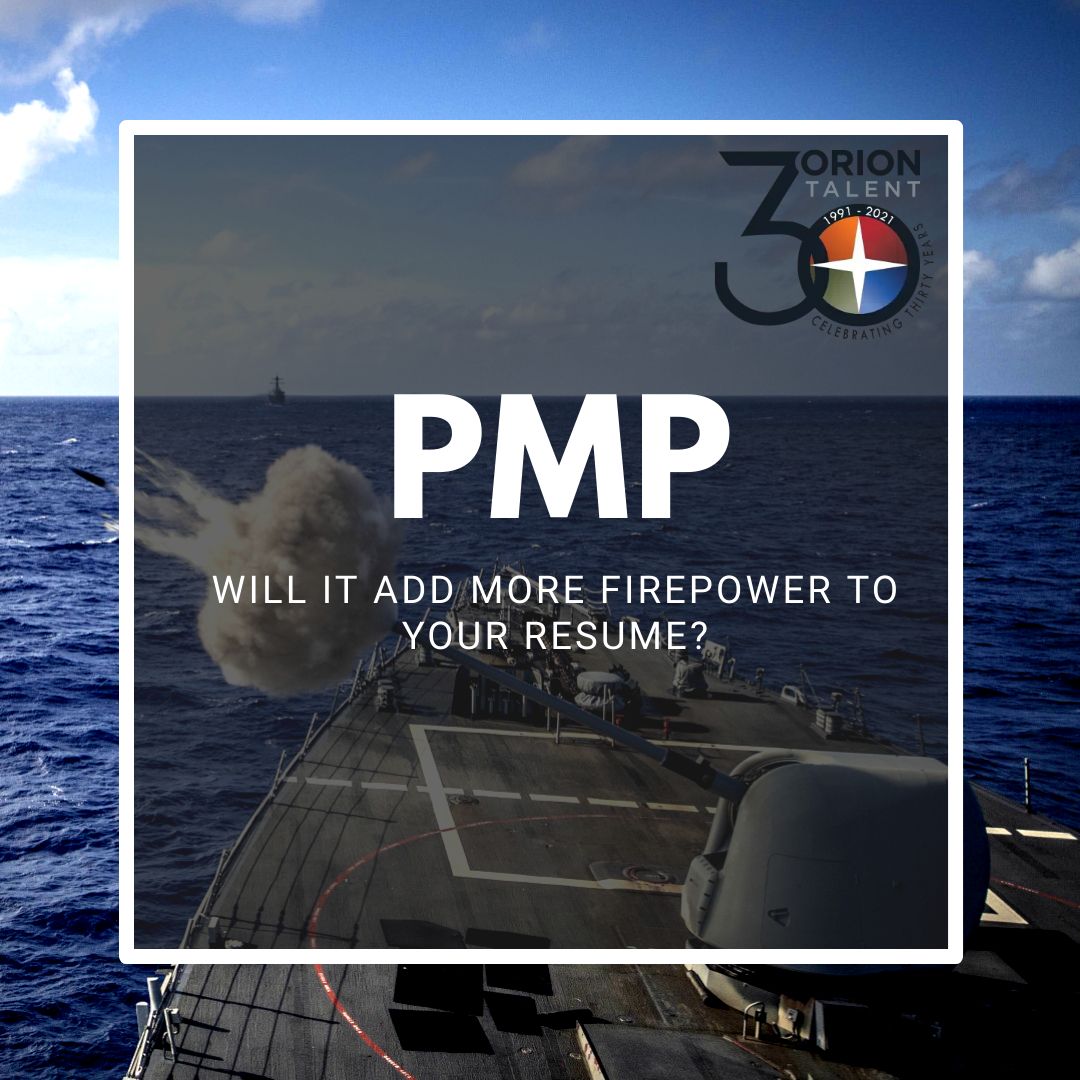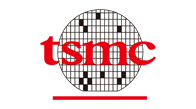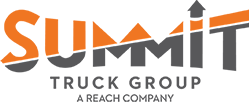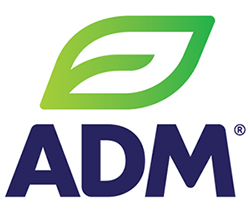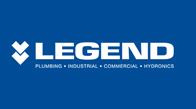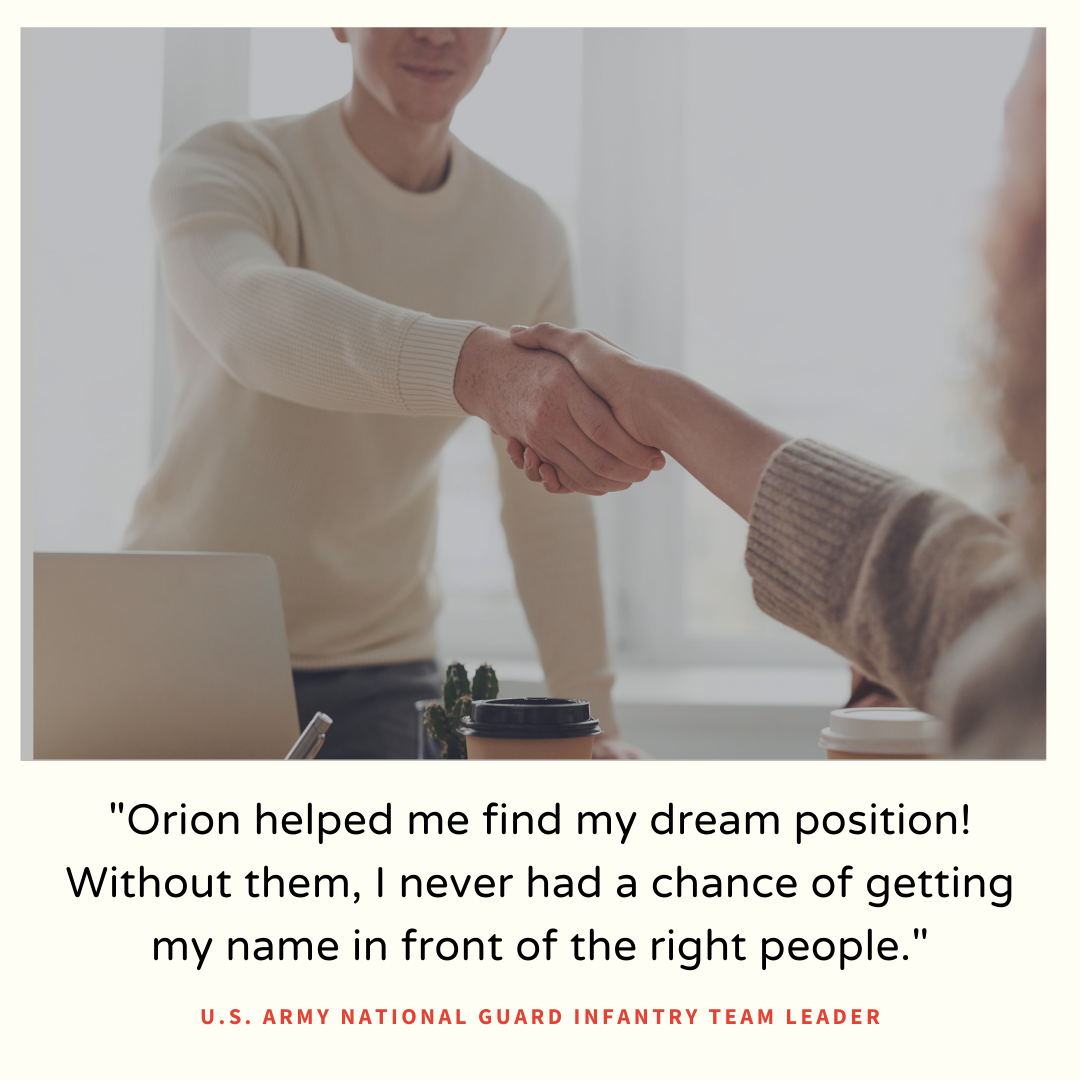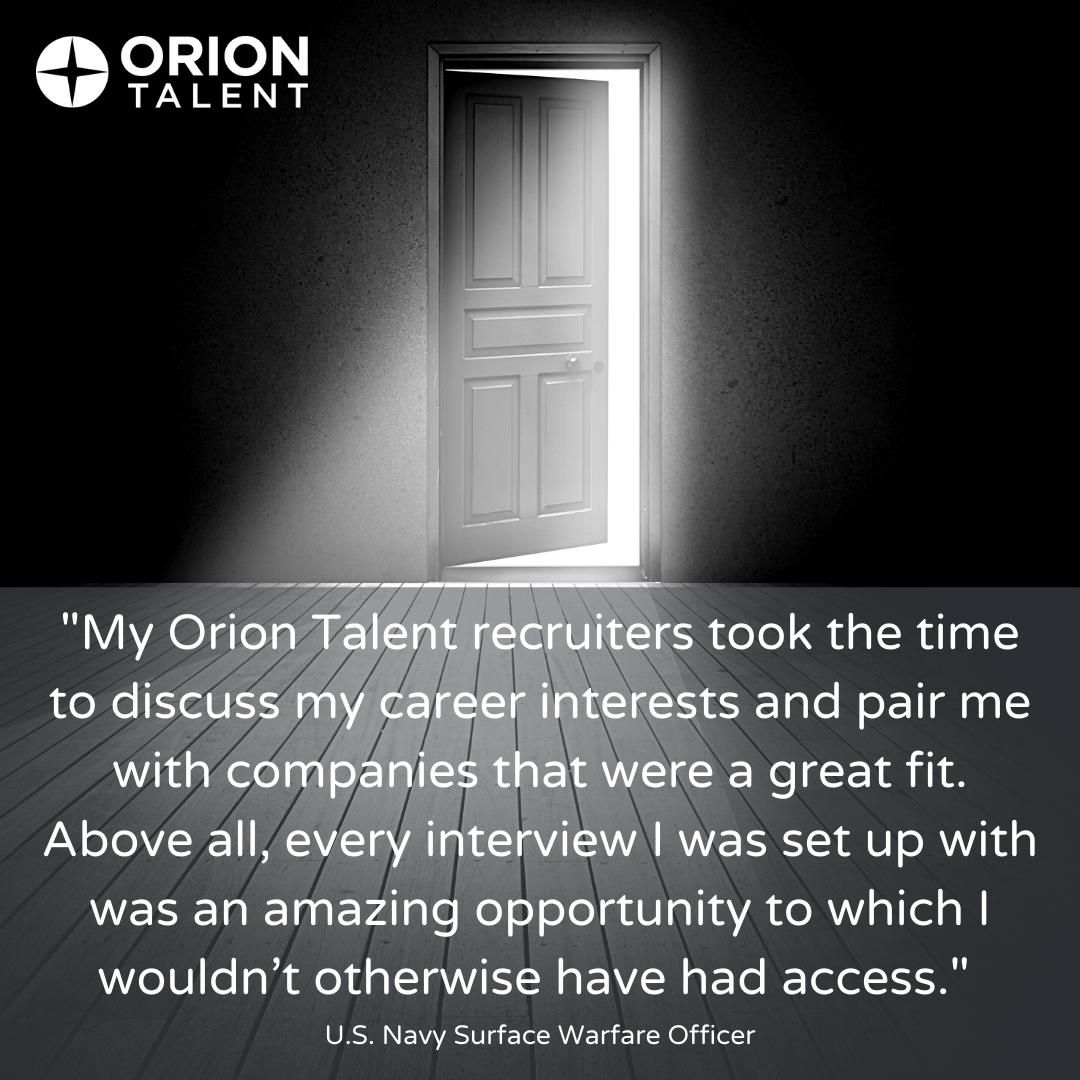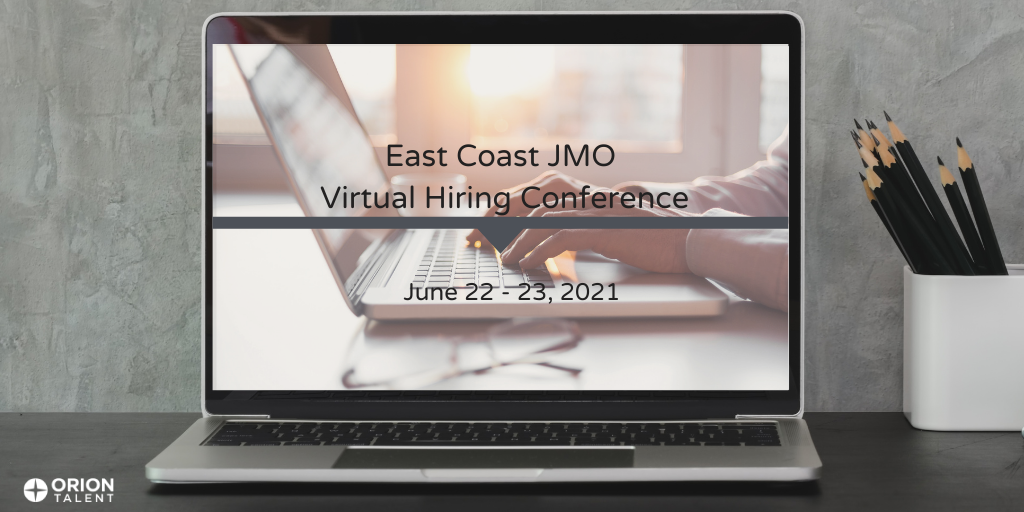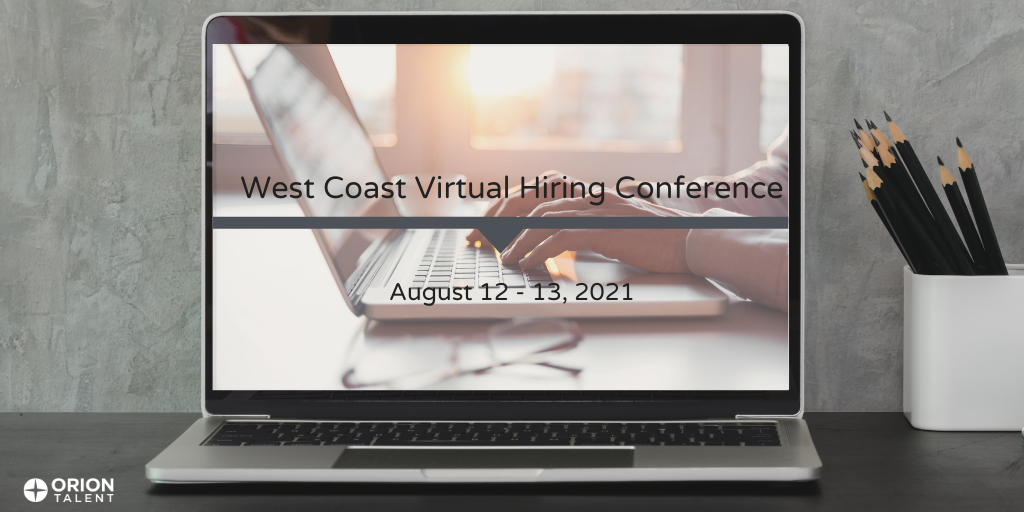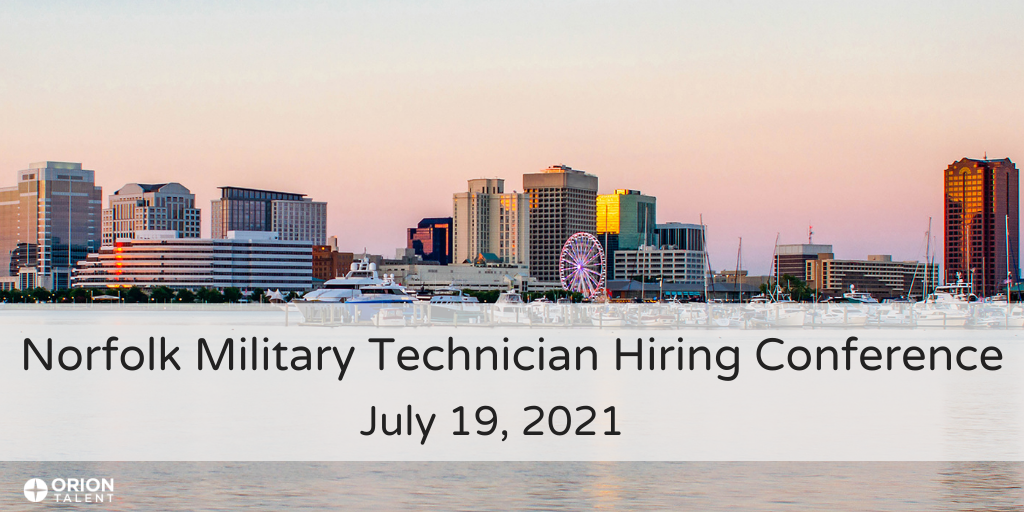The Hunter - July 2021
Thursday, July 1, 2021
In This Issue
Register For Our Account Executive Virtual Open House
Everything You Need to Know About PMP Certification
Frequently Asked Interview Questions
How to Use Social Media in Your Job Search
VA Refinance Loan FAQ with Mutual of Omaha Mortgage
Exclusive Opportunities Through Orion
Podcast Series for Job Seekers
Earn $100 for Every Referral that Finds their Career through Orion
Register For Our Account Executive Virtual Open House
We are seeking outstanding talent to join our growing Account Executive team!
We will be holding an Account Executive Virtual Open House on Tuesday, June 29, at 1:00 pm ET. The open house will give you the opportunity to learn more about a career as an Account Executive, and potentially get selected to interview with an Orion Recruiter.
As an Account Executive on our Military Talent Solutions team, you’ll be a sales leader responsible for growing and developing new business for Orion Talent. You'll serve as a custom solutions developer for top US corporations, uncovering new companies interested in leveraging our resources for military hiring. You’ll work autonomously to develop and improve your regional territory, with the backing of your regional leadership, corporate staff, and 30 years of collective company experience. Learn more about a career as an Orion Account Executive.
Everything You Need to Know About PMP Certification
This article is by Jericho Urmenita, an Orion Talent Recruiter, USMC Veteran and USNA graduate. Jericho breaks down the PMP certification and gives insight into whether it will add more weight to your resume.
What Is PMP Certification?
The PMP is indeed a tough nut to crack due to the generally ambiguous descriptions of its purpose that are commonly available. Cornell University offers their online PMP certification and examination for students to “learn how to scope projects effectively, improve time budgeting and resource allocation, and get the project done on time and within budget.” This certainly sounds appealing and, without proper perspective, does sound like it could be applied anywhere. However, while many of its concepts are somewhat applicable to general operations, it is important to remember that the PMP is designed for defined start-defined finish type work with particular emphasis in keeping things in budget. This means that the project will be initiated by you with the customer, and at the end of the project, handed back over to the customer. Think building a building or installing capital equipment where once it’s complete, you move on to the next project.
General basic requirements to get certified through the Project Management Institute (PMI):
-
A four-year degree
-
36 months leading projects
-
35 hours of project management education/training or CAPM® Certification
While I have seen military candidates leverage some of their skills from the military (Corps of Engineers or Combat Engineers usually), those that get the most value out of obtaining their PMP certification will have been in the industry for a few years before getting their cert.
In most cases the PMP will not be accepted without some other reasonable compelling experience in project management. Straight out of the military, this could mean Corps of Engineers, SeaBees, or perhaps a SWO that has significant experience leading a major ship system installation while in drydock.
Where can I use my PMP?
The all-important question, "If I do get it, where can I use it?" Some of our hiring data sheds some light on that question. Out of 74 jobs Orion Talent has filled over the years requiring or preferring a PMP:
-
34 were construction industry related (Project Manager or similar)
-
22 were manufacturing industry related (Commissioning Engineer or similar)
And the remainder consisted of other jobs including:
-
Contract Manager
-
Support Engineer
-
Client Manager
-
Field/Project Engineer
This means that over 50% of our companies that have hired asking for a PMP were from the construction industry. If you want to use your PMP, you will very likely be involved in building some sort of structure or physical system.
So, what if I want to go for one of these Project Manager jobs?
These are the typical Requirements for one of our Project Manager positions:
-
Bachelor's Degree in Engineering discipline.
-
5+ years project management experience in construction or mechanical/electrical systems installation.
-
PMP is preferred but not required.
Again, certain MOSs may see flexibility in these requirements but the experience that a hiring manager typically wants to see tends to be construction or installation focused.
But what if I don’t have industry experience or the degree but still want to leverage my PMP?
You may still be able to use that PMP for more entry-level Project Engineer jobs that could certainly lead to a full Project Manager promotion down the road. Hensel Phelps is one such partner of ours where you could see success going that route. One of my best success stories is hiring a Navy NFO with a Bachelor's Degree in Chinese into a Project Engineer role. No doubt he has earned his stripes in the industry over the past couple of years and may well be ready to become a Project Manager soon.
Where will my PMP not come into play?
These are a few positions that candidates commonly ask about to try and use their PMP and the unfortunate truth is you will not be able to use it for these roles:
-
General Operations Manager
-
Manufacturing Manager or other manufacturing leadership
-
Maintenance Manager
-
Pure Engineering roles
So, where is the disconnect?
One reason is that people tend to compartmentalize the information they see online. Again, if isolated by itself without proper context, certain buzzwords like “budgeting”, “scheduling” and “resource management” certainly sound like they would be useful anywhere. Indeed, these are skills that would be useful for most trades but remember that most of them can be learned through other means and Hiring Managers know that fact. They will typically not pay you more for a certification when the generalized skills you learned may be gained elsewhere. There is a very important differentiation to make here. Some of the skills you learn through your PMP may well be applicable in many venues but the PMP Certification, counted on the whole for it’s specialized nature, is only applicable in a fairly tight window of professions.
Another reason is the appealing pay potential. According to the PMI, the average pay difference between a non-PMP certified Project Manager and a PMP certified Project Manager is $92K vs. $115K, respectively. However, these are current Project Managers and we must understand where a true Project Manager is at in their career. It is not usually an entry level position, contrary to a general misconception that is circulated, and the PMP is not a golden ticket into the pay band. It is an enhancement to a set of already existing skills. For example, one of our Hiring Managers, who is a Project Manager with a large general contracting company, had 25 years of construction industry experience before becoming a full-fledged Project Manager:
-
Project/Operations Manager (Current)
-
Superintendent (6 Years)
-
Field Foreman (5 Years)
-
Foreman (14 years)
Their level of pay, therefore, is reflective of years of experience before becoming a Project Manager and is not necessarily based on that title alone. In general, my observation is that it takes about 5-10 years of industry experience before someone becomes a Project Manager on the civilian side. Again, military candidates coming from a construction background usually see the greatest success landing Project Manager roles because of those years of translatable industry experience.
Should I get a PMP?
At the end of the day, you must understand what you are trying to accomplish. I say understand because I believe that is a necessary step beyond knowing. People know they want to get into shape but many times don’t understand that it could take months to years on a plan, a change in diet, a coach or support group or all of the above to get the result they are trying to accomplish. My best advice is to find a person who has gone down the path you are trying to walk and ask them how they got there. If they got there without a PMP or have a PMP but are doing work that you are not interested in, then chances are, you won’t need one. Remember that anything that comes on paper (your degree, that PMP, a Six Sigma Certificate etc.) is like currency. Make sure that job you want takes the currency that you want to get.
If you’re still unsure about obtaining a PMP certification, or would like to discuss how a PMP certification can benefit you, register on our site to speak with a Recruiter.
Frequently Asked Interview Questions
Preparing for a first interview can be a daunting task, especially for transitioning military job seekers. Recently, Brian Henry, former Marine Corps Officer and Senior VP of Operations at Orion, joined our podcast, From the Battlefield to the Boardroom to discuss some frequently asked interview questions, offering insight on what employers want to know when they ask these questions, keys to successfully answering, and what to avoid.
"Tell me about yourself."
"Expect this to be the opening question during your interview," Brian stated. "This is a very commonly used question that gives companies a chance to hear your story in a way that will resonate with them."
"The best way to answer this question is to split your answer into four parts: where you grew up, where you went to school, your military experience, and then summarize your transition out of the military and what you want to do," Brian said. Outline your thoughts and write it down, and tailor your response to traits or experiences that align well with the role. "Keep this answer to 3-4 minutes, and do not be long-winded," Brian warned. "Avoid going billet by billet, and instead summarize and emphasize key skills in the overview."
"What are your three greatest strengths?"
"Companies are trying to find out if your key strengths closely align with what they are looking for in a candidate for the job," Brian advised. Emphasize your strengths that are most relevant for the position you are interviewing. "Brainstorm and list out all of your strengths and build out good, detailed examples to highlight these qualities," Brian stated. "Analyze the position description and pick the most impactful strengths related to the position."
"The best practice when answering this question is to list the first two qualities, and explain the third example in more detail," he said. "Make your third example the most important and strongest example." Avoid giving a long response, and stay away from unrelated strengths that are not relevant to the position.
"What is your most significant achievement?"
"This is one of the most powerful interview questions, because it gives the company an opportunity to hear the scope of your responsibility and accomplishments," Brian stated. Pick one example that shows the complexity of the problem that you solved that incorporates the strengths and skills that are important to the company. "Pick an accomplishment that has a duration to it and was not finished in a day," Brian advised.
"Stay away from an example that is common, like graduating from college," he said. "Show some depth in your story, and stay away from personal achievements - keep it professional."
"What is your leadership style?"
"Companies ask this question frequently, because they value this characteristic, and so they want to hear about it," Brian said.
In order to answer this question successfully, have multiple examples about a time that you successfully led your team to impressive results. "Come up with four or six examples that show that you have a participative leadership style; for example, leading from the front, not being afraid to get your hands dirty, getting the job done, having the ability to adapt your style to meet the needs of your team, etc.," Brian stated.
"Stay away from any examples that resulted in a negative outcome and examples with a militaristic or rank-driven leadership style," he advised.
"What are some of your goals?"
"With this question, companies are trying to get a sense of your future goals to determine if a job within the company aligns with your own goals," Brian stated. When answering, break down goals into short-term and long-term goals. "Your short-term goals should be to learn quickly in the new position, adapting and developing a reputation as a great performer," he said. "Your long-term goals should be to continue to be challenged, always wanting and striving to learn, and be given an increase in responsibility," Brian said. Avoid being too specific in title and time frame, he warned.
Brian offered some final advice on answering frequently asked interview questions, urging candidates to use the STAR format and having a detailed library of stories that you can easily use for any interview question that is posed. "If you follow this practice, no question should surprise you, and it will pay in dividends," Brian assured.
Listen to the full podcast, and for more interview help, check out our Interview Essentials page, which is full of information on how to prepare for an interview every step of the way.
How to Use Social Media in Your Job Search
If you are transitioning from the military or are a veteran seeking a career change, social media can be a surprisingly useful tool in your job search - not only in finding open positions, but also by helping you land your dream career by having a polished social media presence. However, it’s important to know how to use social media to your advantage. Keep the following tips in mind as you prepare to enter the workforce, and you will set yourself up for success online.
Create an online presence
If you do not have any sort of online presence, it may be a good idea to at least create a LinkedIn account. In a recent study, 122 million people received an interview through LinkedIn, with 35.5 million having been hired by a person they connected with on the site. Three people are hired through LinkedIn every minute! LinkedIn supports veterans in their job search by offering a free one-year Premium Careers subscription. Read our blog post on how to leverage LinkedIn in your job search for tips on how to let Recruiters know you are available, the top five tips for getting noticed, and what to avoid when using LinkedIn.
Be careful what you put out there
If you have multiple social media accounts, be mindful of what you are posting, commenting, and liking, especially if you are in the midst of a job search. Remember that nothing is truly private on the internet, and all likes and comments on public accounts can be seen, even if your own profile is private. Try to avoid controversial topics, do not use profanity, and keep your pages professional. Remember that employers check accounts to get a better sense of a candidate. According to a survey by CareerBuilder, 70% of employers use social media to screen candidates before hiring, and 54% of employers surveyed said they chose not to hire a candidate based on content found on their social media profile(s).
Network, network, network
Once you have created a LinkedIn account and have curated your social media feeds, it’s time to network. LinkedIn is the go-to place for connecting with people in specific industries, Recruiters, and Hiring Managers. You can use LinkedIn to reach out to individuals who are in your desired career field to get a sense if a particular career path is right for you, contact Recruiters and Hiring Managers for specific job openings, and stay abreast of career opportunities. Don’t know where to start? Follow Orion Talent and our hashtag #oriontalentjobs for all our open positions.
Social Media can be one of the most important tools in your job search, if you know how to utilize it to set yourself up for success. You can get started with your social media presence by following Orion Talent, and listening to our podcast on how to develop your personal brand on social media.
VA Refinance Loan FAQ with Mutual of Omaha Mortgage

Orion has partnered with Mutual of Omaha Mortgage to provide exclusive VA home loan benefits to our veteran job seekers and alumni. Through this partnership you will receive the same loan rate and better fees than Mutual of Omaha Mortgage employees receive, as well as no lender fees and generous rebates.
If you are a homeowner currently utilizing a VA loan, Mutual Of Omaha Mortgage has answered some of the frequently asked questions about VA refinance loans.
VA REFINANCE LOAN FAQ
What is a VA streamline refinance?
The VA streamline refinance loan is also known as the VA IRRRL. The VA streamline refinance is often a simple loan process because the borrowers are refinancing from one VA mortgage loan to another VA loan. This loan is often also referred to as VA-to-VA Loan. A VA streamline refinance is not available to homeowners who do not currently have a VA mortgage loan. The VA streamline refinance loan does not require that the borrowers occupy the home which is currently financed with a VA mortgage product.
What is a VA IRRRL?
The VA IRRRL loan is also known as the VA refinance or the VA streamline refinance. The acronym IRRL stands for interest rate refinance reduction loan. The VA IRRRL loan or VA streamline refinance is a special type of refinance loan made available by the VA Loan Guaranty program. The VA IRRRL loan is a fixed-rate refinance loan program. This loan is ideal for homeowners who currently have a VA mortgage loan who are looking to lower their monthly interest rate.
Can you refinance a VA loan?
Yes, if you are currently a homeowner whose property is financed via a VA mortgage loan you can apply for a conventional, FHA or VA refinance. Depending on the rate and terms a borrower is seeking, they have the option to review any type of refinance loan to replace their current VA mortgage loan.
How soon can you refinance a VA loan?
Depending on the level of risk associated with a borrower, most lenders would typically require the homeowner have their current VA mortgage loan for a minimum of 12 months prior to applying for a refinance. Payment history is one of the most crucial factors in determining a borrower's risk level for a VA refinance.
Can I refinance my mortgage with a VA loan?
Yes, if you are actively serving military, honorable discharge, veteran or the surviving spouse of any of the previous who is currently the borrower of a VA home loan you may refinance your property with a VA streamline refinance or VA IRRRL loan. The VA streamline refinance or VA IRRRL loan is only available to homeowners who currently have a VA mortgage loan. VA refinance loan products are not available to civilians or the general public.
Can I refinance a conventional loan to a VA loan?
Yes, a borrower who is eligible for VA benefits can refinance from a conventional loan to a VA loan. Although this is not typical, there is no restriction that prevents this. To be eligible for a VA loan a borrower must be actively serving in the U.S. military, have received an honorable discharge, be a veteran or the surviving spouse. If a borrower who currently has a conventional loan opts to refinance with a VA loan the loan process could take longer than average because different documentation will need to be reviewed that was not previously received and underwritten by a VA approved lender.
When to refinance a VA loan?
The decision to refinance a home should not be taken lightly. It is important for a homeowner to evaluate and determine their financial goals. If a homeowner is seeking the opportunity to lower their monthly interest rate or transition from an adjustable rate mortgage loan to a fixed rate program, then a refinance could be a great opportunity. Speaking with an experienced loan originator can help a borrower review their income, assets, and debt to determine if a refinance is the right decision.
How long does it take to refinance a VA loan?
If a VA borrower uses the VA IRRRL loan or VA streamline refinance, the entire process can be completed in 30 to 45 days. Although the VA streamline refinance or VA IRRRL loan does not require income verification, in order for the VA refinance process to move forward, a borrower must have the following qualifications:
- VA Loan eligibility of the borrower must have been used on the property intended for refinance
- Most recent two years of W-2 statements to establish income
- Ability to document current or previous occupancy of the property
- Confirmation of currency on mortgage payments or no more than one late payment in the last 12 months
Visit us online to learn more about Mutual of Omaha Mortgage, and apply to get a personal loan offer from their knowledgeable team.
Exclusive Opportunities Through Orion
According to Your Peers
Career Success with Orion
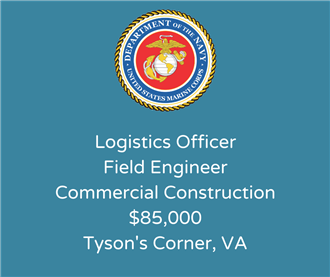 |
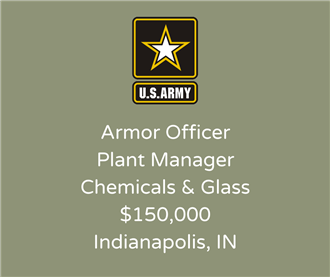 |
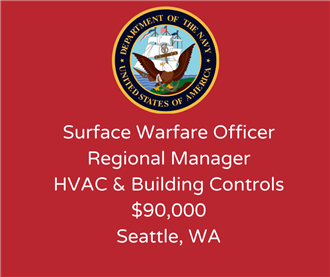 |
 |
 |
 |
Podcast Series for Job Seekers

Have you tuned in to From the Battlefield to the Boardroom, our podcast series dedicated to supporting military job seekers? We have a variety of episodes covering everything from the civilian transition process to valuable insights and guidance from other Veterans and business leaders.
We've recently added new podcasts, including:
146. Discover the Power Within You with Navy Veteran/CEO, Joe Evangelisti
145. Build Your Own Path to Success with Nelson Tressler
144. Launch a Career with America's Innovation Agency
143. Ask A Recruiter: Should I Pursue a Degree or a Career?
142. Founder/CEO of Veteran Owned & Operated Franchise
Visit us online to listen to all the episodes, and explore our new podcast categories on each stage of the transition process. You can also subscribe via your favorite podcast platform or RSS feed, to automatically receive new episodes as they are released.
We'd love to feature your questions in our upcoming episodes. If you have any questions you'd like to hear us answer, click below to email us!
Upcoming Hiring Conferences
Virtual
Click here for more information.
Click here for more information.
Click here for more information.
In-Person
Click here for more information.
Join the Orion Team
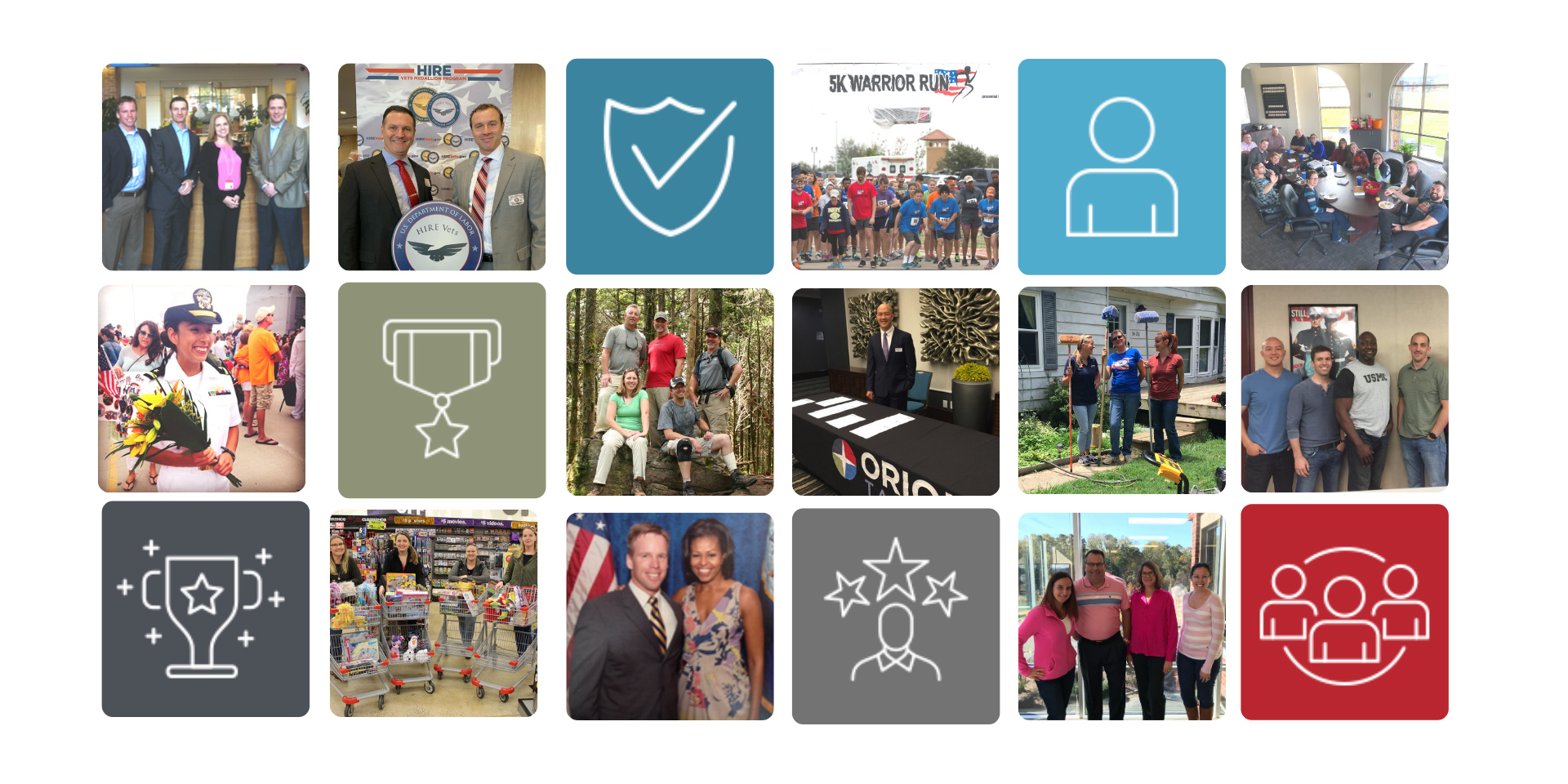 Orion Talent is a customer-centric company focused on helping people discover meaningful careers and businesses grow by finding, delivering, and engaging the best talent around the world. As we continue to experience growth, we are seeking outstanding men and women to join our team. We are looking for individuals that are highly motivated, driven, energetic, and have a passion for helping industry-experienced candidates and veterans find the right career.
Orion Talent is a customer-centric company focused on helping people discover meaningful careers and businesses grow by finding, delivering, and engaging the best talent around the world. As we continue to experience growth, we are seeking outstanding men and women to join our team. We are looking for individuals that are highly motivated, driven, energetic, and have a passion for helping industry-experienced candidates and veterans find the right career.
We are veterans, professionals, mothers, fathers, men, and women, all focused on one mission: To help people discover meaningful careers and businesses grow by finding, delivering, and engaging outstanding talent around the world.Orion offers its employees competitive salaries, and benefits including paid holidays, vacation and sick leave, medical, dental, and vision coverage, short- and long-term disability, health savings account (HSA), and 401(k) retirement plan.
Positions with Orion Talent
Below is a list of position descriptions for which we most frequently recruit. Be sure to check out each position's page to see if we are currently recruiting for that role and apply if interested. Alternatively, you can view a list of all of our current openings here.
Senior Business Development Leader - Remote
As a Senior Business Development Leader on our National Sales Team, you'll be responsible for leading end-to-end sales cycles for both new business development and existing account expansion, from qualifying new leads and targets through contract negotiation to RPO opportunities and Talent Programs. You will support and enhance Orion's Talent Programs offerings, including solution design and technology / operational enhancements. Learn more about this position and apply here.
Business Development Representative - Remote
As a Business Development Representative, you will work with Orion's Senior Sales Executives calling new leads and prospective customers. The Business Development Representative is meant to serve as a developmental role towards an Account Executive position. Orion will provide you with sales training and recruiting industry training to ensure you have the tools you need to succeed in this role. You'll report to either the Regional Sales Manager or National Business Development Account Executive. Learn more about this position and apply here.
Director, Professional Search - Remote
As the Director, Professional Search, you'll identify, grow, and retain accounts in your specific vertical, including Construction, Finance/Accounting, Medical, Technology, or IT, driving high customer satisfaction, revenue growth, and year over year improvement. The Professional Search team will work with established account managers within our Search Division to gain knowledge of and access to Orion Talent accounts that include over 15,000 clients and a 50,000+ alumni network. You will also leverage prior contacts and industry knowledge to discover new opportunities and grow revenue. Learn more about this position and apply here.
Military Account Executives - Cincinnati, OH; San Diego, CA; Raleigh, NC; Virginia Beach, VA
As an Account Executive on our Military Talent Solutions team, you'll be a sales leader responsible for growing and developing new business for Orion Talent. You'll serve as a custom solutions developer for top US corporations, uncovering new companies interested in leveraging our resources for military hiring. You'll work autonomously to develop and improve your regional territory, with the backing of your regional leadership, corporate staff, and 30 years of collective company experience. Learn more about this position and apply here.
RPO Sourcing Specialist - Remote
As a Sourcing Specialist on our RPO team, you'll be responsible for building a pipeline of highly qualified candidates and evaluating these candidates against position requirements. You'll support various administrative endeavors in the recruiting process, and work to sharpen your skills as an integral part of the recruiting team. Learn more about this position and apply here.
RPO Recruiter - Remote
Earn $100 for Every Referral that Finds their Career through Orion

Did you know that Orion candidates earned $3,600 in referral bonuses through the first quarter of 2021?
For every job seeker you refer to us who is subsequently hired through Orion, you'll receive a $100 gift card to a retailer of your choice after they reach 90 days on the new job!
It's simple - just click here to refer a friend. 30 seconds of your time could be $100 in your pocket!
Companies Recently Hiring
|
Siemens Veeco Instruments Incorporated PulteGroup Snap-On Incorporated Pactiv Corporation Evoqua Water Technologies Stack Infrastructure Corning Incorporated |
David Weekley Homes Plug Power AXS Mobility Owens Corning Munters Corporation FOSS North America Linde Gas Alcon Laboratories |
Connect with Orion Online
Follow us to keep up-to-date on all things Orion, including hiring events, base visits, webinars, and news pertinent to veterans through our social media listed below.

.png)
